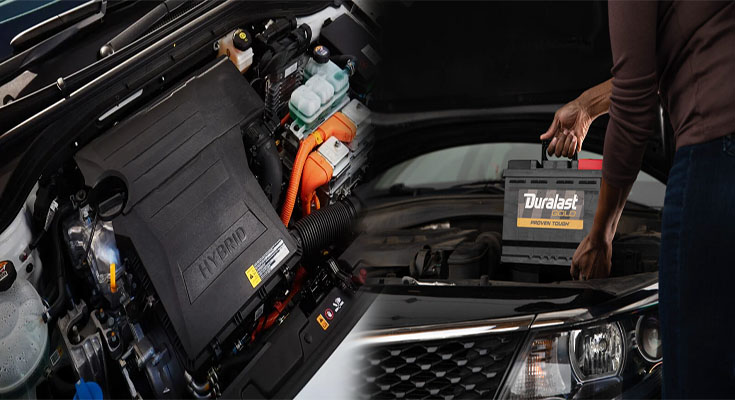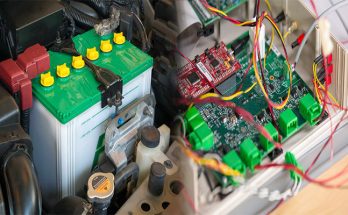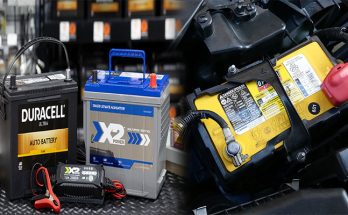Hybrid cars have gained immense popularity in recent years, thanks to their ability to operate using both an electric motor and a traditional internal combustion engine. One of the critical components that determine the performance and efficiency of a hybrid car is its battery size. Selecting the right battery size is crucial to ensure optimal performance, range, and fuel efficiency. In this comprehensive guide, we will delve into the factors to consider when choosing the battery size for a hybrid car.
1. Understand the Types of Hybrid Cars
Before we delve into battery sizes, it’s important to understand the different types of hybrid cars available in the market. There are three common types:
- Parallel Hybrid: Both the electric motor and the internal combustion engine work simultaneously to power the vehicle.
- Series Hybrid: The electric motor alone powers the vehicle, with the internal combustion engine serving as a generator to recharge the battery.
- Plug-in Hybrid: These hybrids can be charged from an external power source, allowing for extended all-electric driving range.
Each type of hybrid car has different battery size requirements based on its design and intended usage.
2. Consider Driving Range and Fuel Efficiency
The battery size directly affects the driving range and fuel efficiency of a hybrid car. Generally, a larger battery size will offer a longer electric driving range, minimizing the need for the internal combustion engine. However, it’s important to strike a balance between battery size and weight since a heavier battery can impact fuel efficiency when the internal combustion engine is in use. Assess your driving habits and daily commute to determine the ideal battery size that meets your needs without compromising efficiency.
3. Evaluate Charging Infrastructure
For plug-in hybrid cars, it’s important to consider the availability of charging infrastructure in your area. If you have easy access to charging stations, opting for a larger battery size can provide a longer electric driving range. On the other hand, if charging stations are scarce, a smaller battery size with a hybrid range extender might be a more practical choice, as it relies less on external charging.
4. Analyze Cost Considerations
Battery size plays a significant role in the cost of a hybrid car. Generally, larger battery sizes result in higher upfront costs. However, they also provide better performance and longer electric driving range. It is essential to evaluate your budget and determine the right balance between battery size and overall cost. Additionally, consider any available incentives or tax credits that may offset the initial investment.
5. Manufacturer’s Recommendations
Lastly, always refer to the manufacturer’s recommendations when choosing the battery size for a hybrid car. They understand the specific design, capabilities, and limitations of their vehicles better than anyone else. Manufacturers provide valuable insights into the ideal battery size that will maximize the performance and efficiency of their hybrid cars.
Choosing the right battery size for your hybrid car is a crucial decision that impacts its overall performance and efficiency. By considering factors such as driving range, fuel efficiency, charging infrastructure, cost, and manufacturer’s recommendations, you can make an informed choice that aligns with your needs and preferences. So, before making your purchase, take the time to research and select the battery size that will enable you to make the most of your hybrid car experience.





